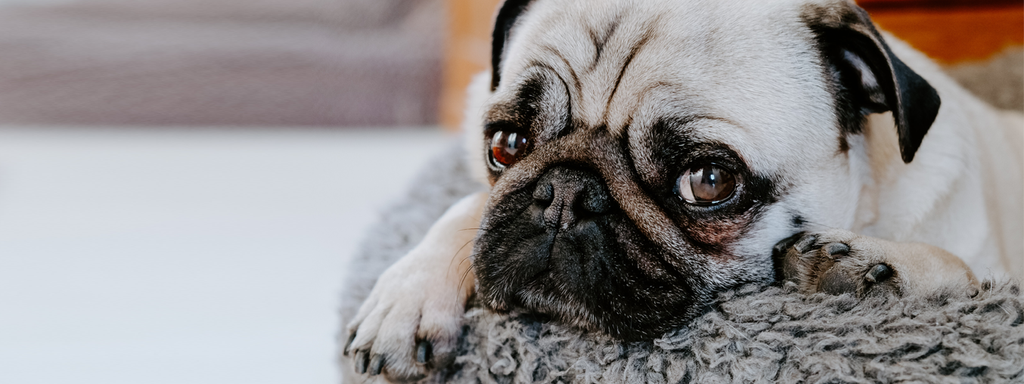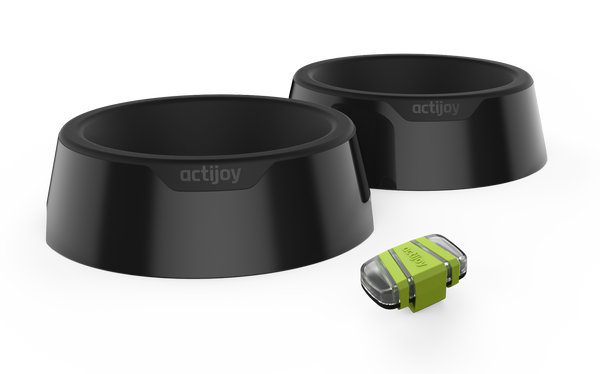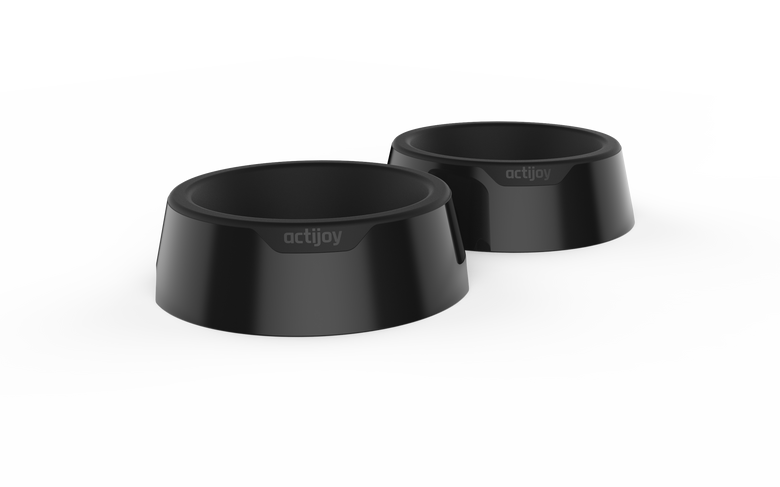Help! I’m Asleep but My Dog Is Awake: What to Do When Your Dog Has Insomnia
Insomnia in dogs has many causes, including disease, lack of exercise, and allergies. Reasons for sleeplessness in dogs will be discussed, as well as how to monitor and remedy this problem.

Adult dogs sleep up to 18 hours per day, with senior dogs and puppies requiring nearly 20 hours of rest. In most instances, dogs sleep at the same time as their humans. Insomnia, however, can be a sign that your dog is sick or experiencing a behavioral problem. Here, the reasons for insomnia in dogs are discussed.
Signs Your Dog Is Not Getting Enough Rest
The signs your dog isn’t sleeping enough include:
- Forgetfulness
- Restlessness
- Irritability
- Disorientation
- Difficulty concentrating
- Poor motor skills
Reasons Your Dog Doesn’t Sleep at Night
There are many reasons your dog might not be sleeping at night. One explanation is that your dog doesn’t have a restful environment. For instance, the lack of a comfortable sleeping area that is too bright or too noisy could contribute to a lack of sleep.
Another reason for restlessness is lack of exercise. If your dog has too much pent-up energy, it will be difficult for him or her to properly rest. For highly driven breeds such as Siberian Huskies or German Shepherd, insomnia due to lack of exercise is especially common.
Illness, pain, and allergies are other reasons your dog might not be able to sleep. For instance, a dog with diabetes or Cushing’s disease needs to urinate frequently. The constant urge to go can disrupt normal sleep patterns. Similarly, arthritis can result in constant pain, which makes sleep difficult.
How to Track Your Dog’s Sleep
A great tool for tracking your dog’s sleep is the Actijoy Buddy Pack, which contains an activity tracker and WiFi-enabled Food & Water bowls. The activity tracker alerts dog owners to changes in behavior, such as wakefulness throughout the night, via a cell phone app. Pairing the tracker with the food and water bowls can help owners gain insight into what their dogs are doing in the middle of the night. For instance, if your dog wakes up to drink excessive amounts of water, he or she could be showing early signs of diabetes or kidney disease. Additionally, the fitness tracker can reveal that your dog is not receiving enough exercise during the day, leading to restlessness at night.
Understanding why your dog is sleeping less is important, especially if the behavior is new. A quick trip to the veterinarian can rule out any underlying illness. If no illness is determined, changes in routine such as additional exercise can help your dog receive proper rest.



